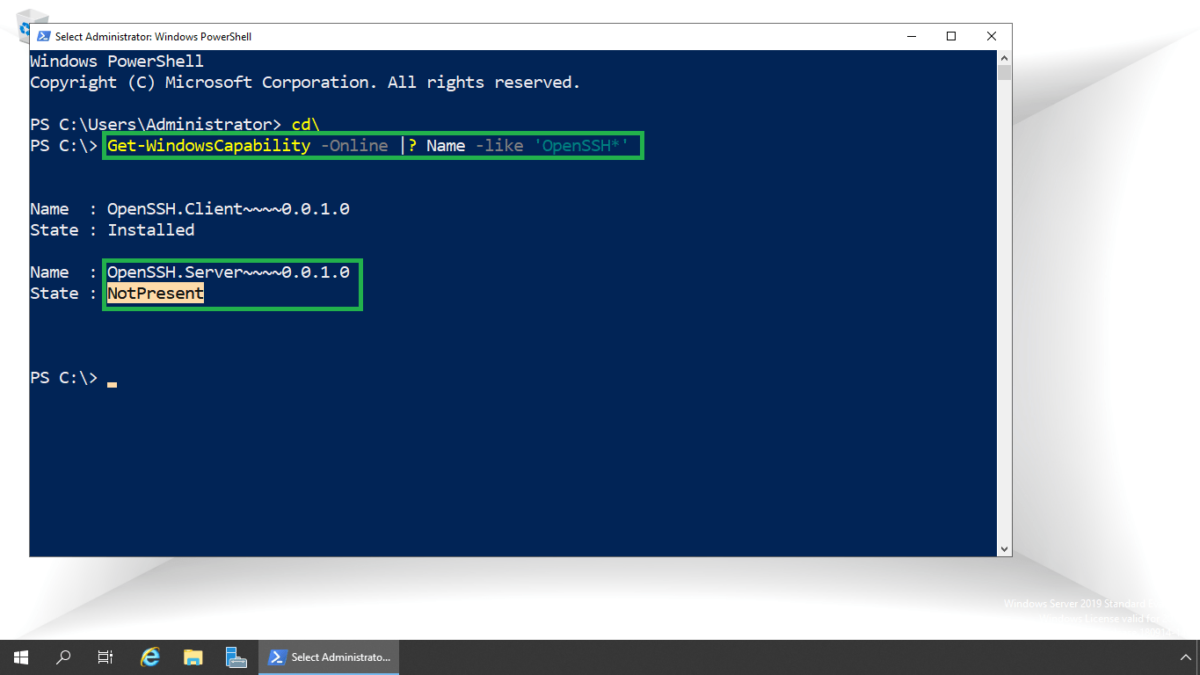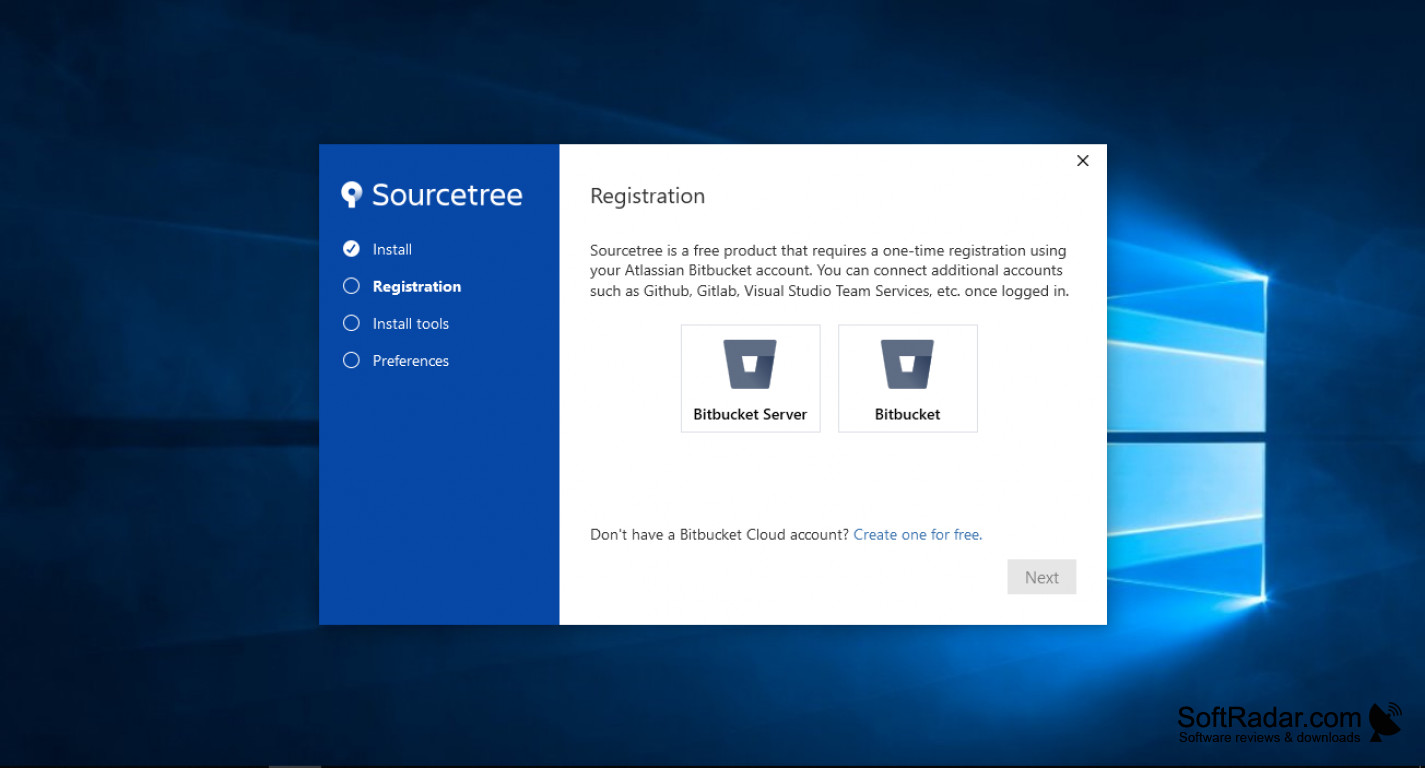

The file we want in this folder is known_hosts.
#CANNOT USE SSH WITH SOURCETREE WINDOWS WINDOWS#
ssh folder within: The Windows File Explorer. This will open the directory within the File Explorer. To find it, open the Windows search bar, and navigate to your user folder with the %USERPROFILE% command. However, if you use the OpenSSH client, there is a file. It’s important to note that Windows machines might not have a known_hosts file. If you’re certain there’s no security risk threatening your connection, the below steps are for you. You shouldn’t attempt to fix the error unless you have complete confidence that the issue isn’t malicious. We’ll cover lots of the ways you can make things right again, starting with Windows. However, you have more flexibility for doing so on Mac. You can work to fix the “Warning: Remote host identification has changed” error for both Windows and macOS.
#CANNOT USE SSH WITH SOURCETREE WINDOWS HOW TO#
How To Fix the “Warning: Remote Host Identification Has Changed” Error (on Windows and Mac) In other cases, you may already know why there’s a difference, although it pays to be vigilant regardless. Of course, if the fingerprint differs from what is in the known_hosts file, this could indicate a malicious user is targeting you. If so, this fingerprint will become part of your known_hosts file. When you first connect to a server, you’ll often get a confirmation request through your interface, asking whether you want to connect. It’s used as a reference client file for the authentication process. The name should give you a clue as to what it contains, but for clarity, it’s a list of SSH remote hosts known to the computer. You’ll notice that the error message references a known_hosts file. How the known_hosts File Helps SSH Authentication However, there’s one aspect we can touch on a little further before showing you how to fix the “Warning: Remote host identification has changed” error. RSA host key for user has changed and you have requested strict checking.Īs errors go, this is detailed and clear - it tells you what’s happened, a potential reason for why, and how you might fix it. Offending RSA key in /var/lib/sss/pubconf/known_hosts:4 Please contact your system administrator.Īdd correct host key in /home/hostname /.ssh/known_hosts to get rid of this message. The fingerprint for the RSA key sent by the remote host is It is also possible that a host key has just been changed. Someone could be eavesdropping on you right now (man-in-the-middle attack)! If the client thinks those fingerprints differ from what it understands to be correct, you’ll get the “Warning: Remote host identification has changed” error at the point of login: ~]$ ssh WARNING: REMOTE HOST IDENTIFICATION HAS CHANGED! IS POSSIBLE THAT SOMEONE IS DOING SOMETHING NASTY! This will make sure the connection is accurate and that you’re not subject to a “machine-in-the-middle” attack. One aspect the keys help with is to provide a permanent fingerprint of its host server. It’s sort of like a Secure Sockets Layers (SSL) handshake, and in fact, there are some high-level similarities between SSH and SSL. An SSH connection uses dedicated “keys” - small files stored on your computer - as authentication.

For Windows, you’ll use a dedicated interface (and we’ll talk about this in more detail later).Īs for the “Warning: Remote host identification has changed” error, it relates to the security checks your client will do. What’s more, most macOS and Linux machines have an SSH client built into the Operating System (OS). You can access your site from almost anywhere you can use the internet, as long as you have the right login credentials. Consider it like a “super-SFTP” type of setup, although it’s not a 1:1 comparison in practice. It’s a command-line tool that lets you access an insecure network securely. One of the most secure ways to connect to a web server is to use SSH. 🙅♀️ Learn more ⬇️ Click to Tweet What the “Warning: Remote Host Identification Has Changed” Error Is A secure internet connection is not just the ideal - it's essential 💪 While it may be annoying, this error protects your connection from attacks.


 0 kommentar(er)
0 kommentar(er)
